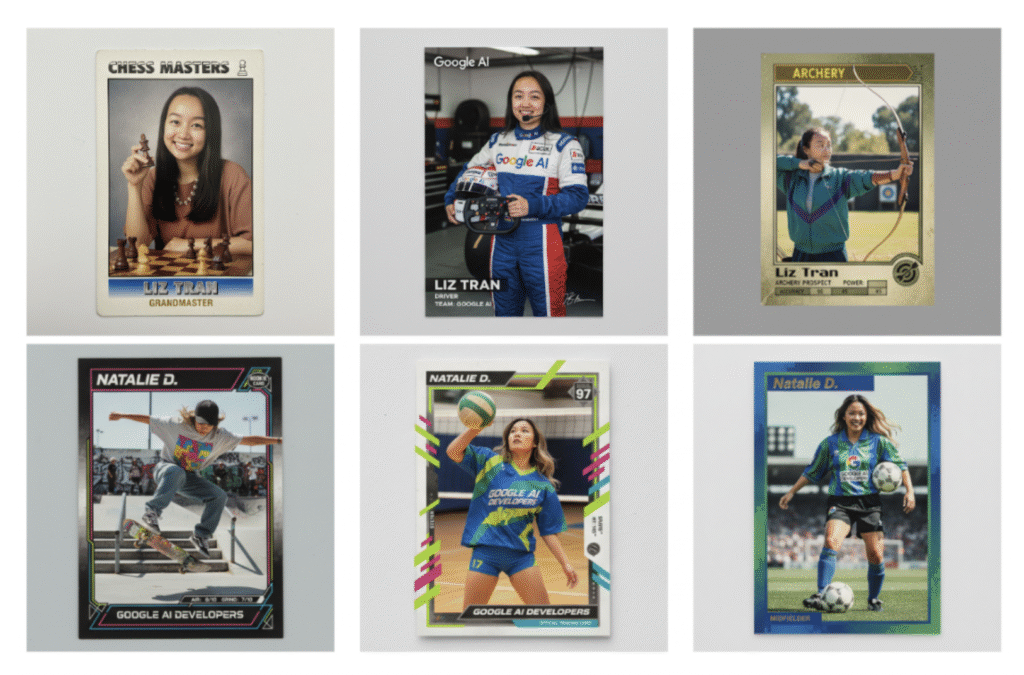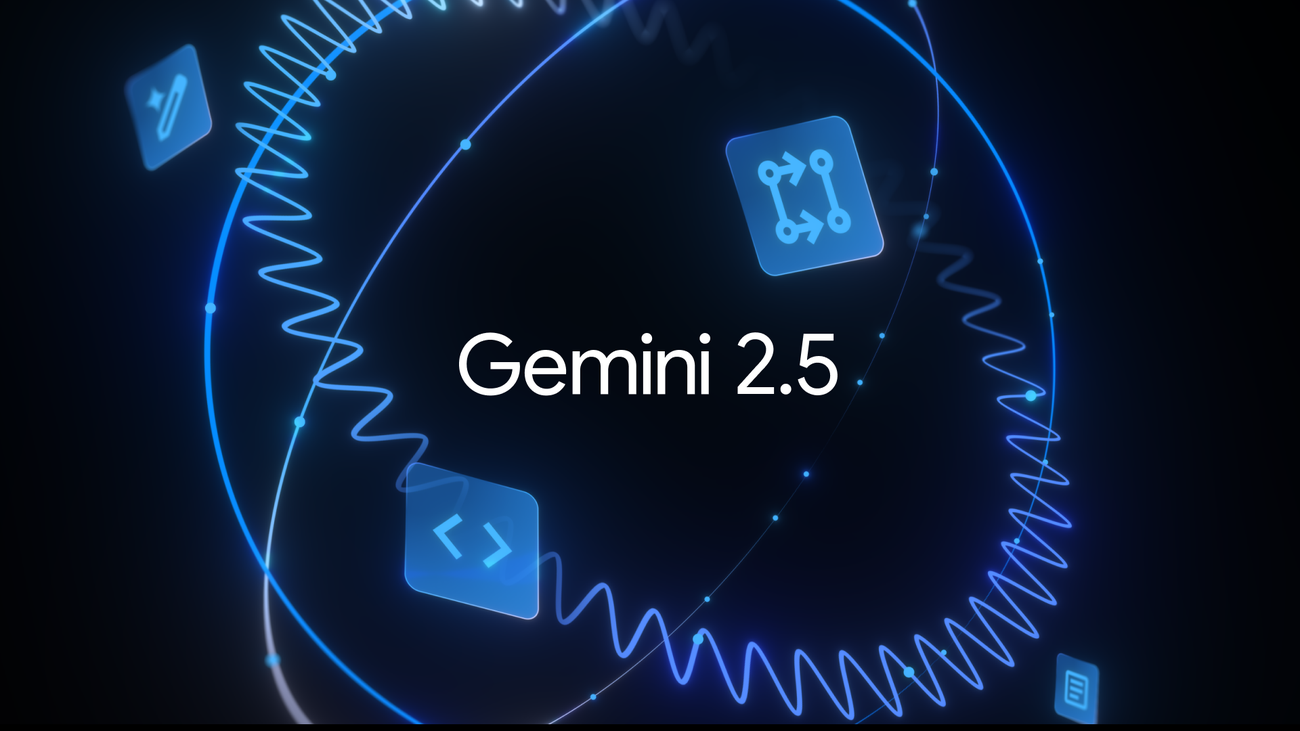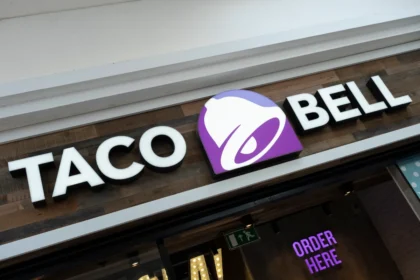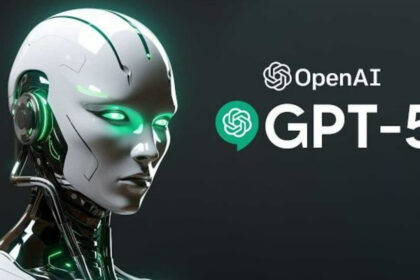Google is giving its Gemini chatbot a major boost with a new AI image model that offers users more precise control when editing photos, a direct move to compete with OpenAI’s popular image tools.
The upgrade, called Gemini 2.5 Flash Image, begins rolling out Tuesday across the Gemini app, as well as to developers via the Gemini API, Google AI Studio, and Vertex AI. The model is designed to handle fine-grained edits based on natural language prompts while keeping important details, like faces and animals, consistent, a weakness that often plagues rival AI editors.

For example, changing the color of a shirt in a photo won’t accidentally distort someone’s face or background.The new tool has already made waves online. On the crowdsourced evaluation platform LMArena, users praised an anonymous AI image editor dubbed “nano-banana” for its stunning results. Google has since confirmed that “nano-banana” was actually Gemini’s new image model in disguise.
Related: Study Mode Added to Google Gemini-Gemini’s Guided Learning Your New AI Tutor.
“We’re really pushing visual quality forward, as well as the model’s ability to follow instructions,” said Nicole Brichtova, product lead for visual generation at Google DeepMind. She added that edits are now smoother and more usable for everyday projects.AI image generation has become one of the fiercest battlegrounds in Big Tech. OpenAI’s release of GPT-4o’s built-in image generator earlier this year fueled a surge in ChatGPT usage, driven in part by viral Studio Ghibli-style memes.
Meta is also jumping in, announcing a partnership with Midjourney, while German startup Black Forest Labs has been setting benchmarks with its FLUX models.For Google, the timing is critical. ChatGPT now attracts over 700 million weekly users, while Gemini reported 450 million monthly users in July, a significant gap. Google hopes its upgraded image editor will help close that divide.
The new Gemini image model isn’t just about fun edits; it’s built with practical consumer use cases in mind, such as home design, garden planning, and blending multiple references (like a sofa image, a room photo, and a color palette) into a single render.Still, Google is treading carefully. The company previously pulled back its image generator after backlash over historically inaccurate depictions of people.
Now, it says the model strikes a better balance between creativity and safety. Users remain restricted from creating content such as non-consensual intimate imagery, unlike some competitors, xAI’s Grok, for instance, has faced criticism for allowing celebrity deepfakes.
To curb the rise of AI-driven misinformation, Google applies visual watermarks and metadata tags to all Gemini-generated images. But the company acknowledges that casual viewers on social media may overlook these safeguards.“We want to give users creative control so they can get the results they want,” Brichtova said. “But it’s not like anything goes.”







